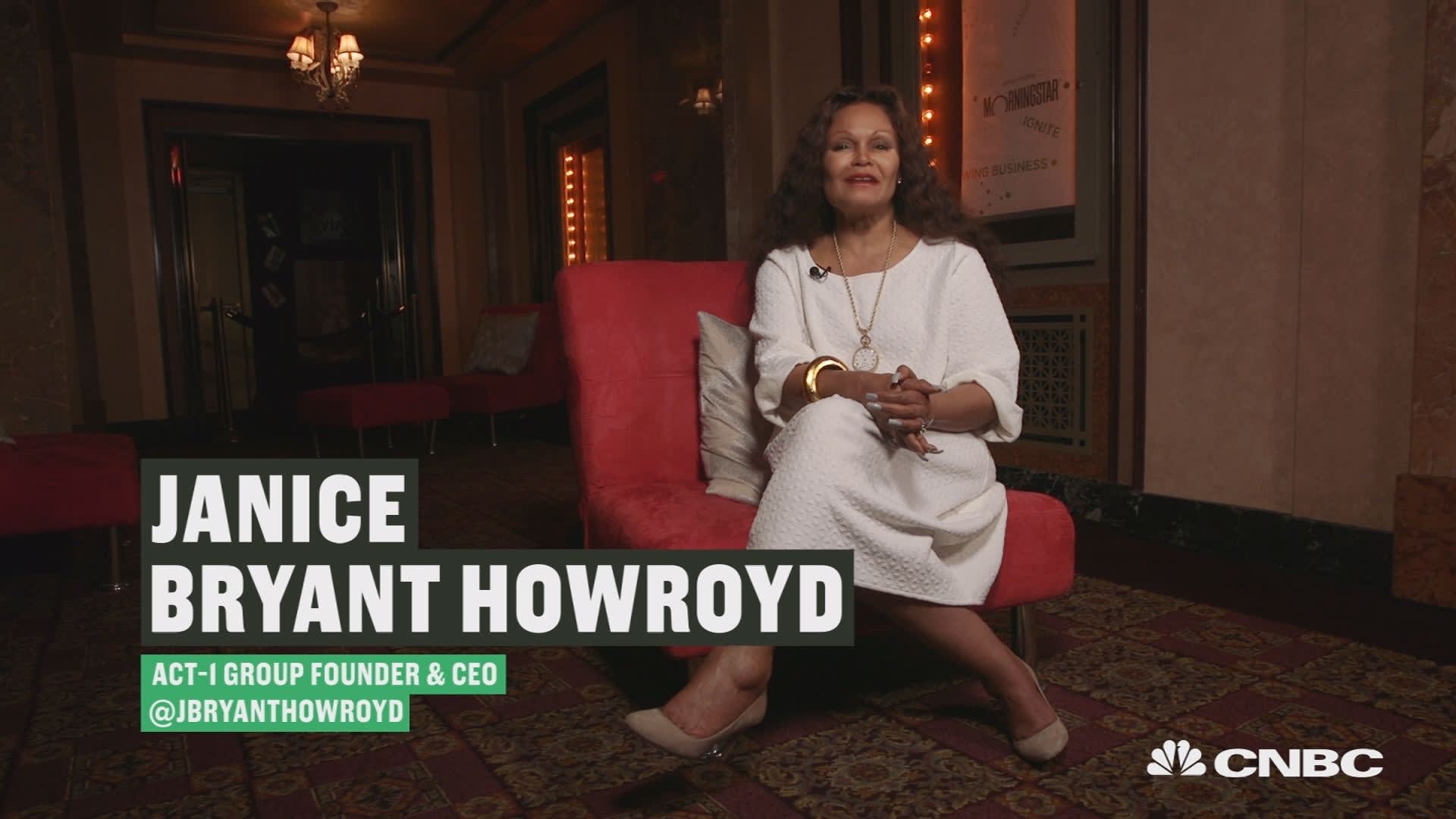The gender pay gap has not budged much in the last 20 years. In 2002, women earned 80% as much as men, according to the Pew Research Center. In 2022, they earned 82% as much. That’s taking into account median hourly earnings for both full and part-time workers.
When asked why women continue to lag in pay, half of U.S. adults believe it’s because they’re treated differently by their employers than their male counterparts.
Jennifer Justice, CEO of legal services company the Justice Department, has seen this play out over and over. Justice is a longtime entertainment lawyer and spent decades representing an array of clients ranging from male and female executives to talent like rapper Jay-Z.
During that time, she was often hired to negotiate salaries. When she expressed how much her female clients were looking to get paid, she says, “I got ridiculous pushback.”
“They were always given less money than men,” she says, “100% of the time.”
Here are some of the excuses she heard most often for why her women clients didn’t get offered what their male peers did.
‘Their husbands made a lot of money’
For the married women Justice represented, one line she frequently heard from the in-house counsels she worked opposite was “their husbands made a lot of money,” she says. Or something like, “her husband is John Mayer’s manager.”
That is, these women didn’t need the salary they were asking for because there was already one sizable income in their household.
If there was a guy in their department doing the same job, he deserved a higher salary, the argument went, “because he supported his whole family.” But because in some cases both Justice’s client and her husband worked, “it was fine for her not to make as much.”
‘She was a single woman without kids’
If her client wasn’t married, Justice still got salary pushback, just for different reasons: “Because [the client] was a single woman without kids,” she says, evidently, “[the client] didn’t need the money.”
“There’s never been a situation with a man that was like that,” Justice says.
It was assumed, by contrast, that single men would one day need to support their families. They therefore needed to pad their savings to prepare, she says.
The subtext of every salary negotiation for a woman was that she would eventually quit because she would get married. Lawyers assumed female clients were “only [doing their jobs] to find a husband,” she says.
‘They’re a little bossy’
Sometimes excuses were more about her clients’ personalities.
“‘They’re a little bossy. They’re a little aggressive,'” she recounts. “‘They really need to work on X, Y, Z.'” She heard similar excuses with some of the men she was negotiating on behalf of, too, but says it was far more prevalent with women.
She often heard counsels downplay her female clients’ accomplishments as a negotiating tactic. She once represented a woman responsible for finding artists for record labels or music publishers. “She signed an artist that literally has a song that every single person in the world knows,” says Justice, who’s barred from getting more specific due to confidentiality.
“You literally hear it and you’re like, ‘Oh, I know every word,'” she says. “‘I hate this song but I know every word.'”
When Justice asked for a salary comparable to the client’s male counterparts, the in-house counsel she was negotiating opposite “laughed at me,” she says. He claimed the client hadn’t really signed the artist and, even if she did, she couldn’t have done it alone.
‘It still continues to this day’
This kind of treatment is not relegated to the music industry and has not gone away: “It still continues to this day,” says Justice. But she does believe the tide is turning.
Women are “seeking each other’s counsel and advice and and going out and getting more information,” she says, adding that “we’re telling the story now and Gen Z are listening.” A lot of the old power players are still running major companies and using the same sexist tactics to slow the closing of the pay gap.
But eventually, says Justice, “dinosaurs become extinct.”
DON’T MISS: Want to be smarter and more successful with your money, work & life? Sign up for our new newsletter!
Join CNBC’s Women & Wealth event on April 11, where we’ll explore ways that women can increase their income, save for the future, and make the most out of current opportunities. Register for free today.
Check out:
Sign up now: Get smarter about your money and career with our weekly newsletter

